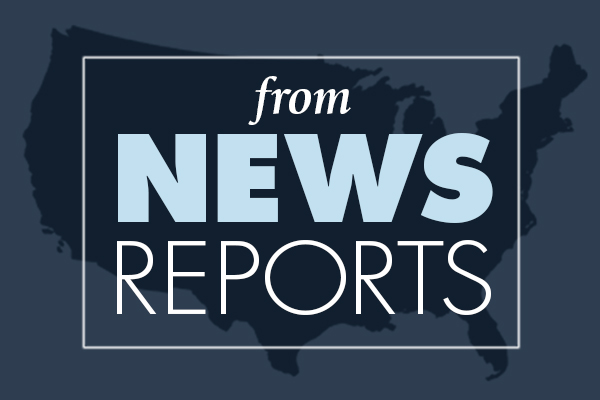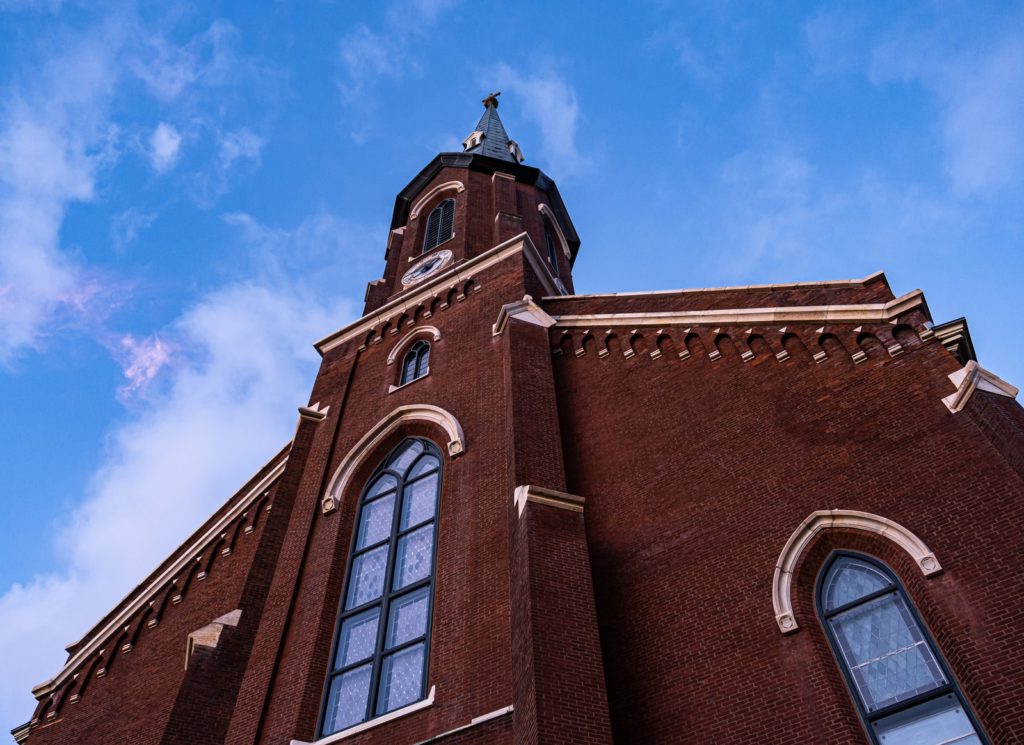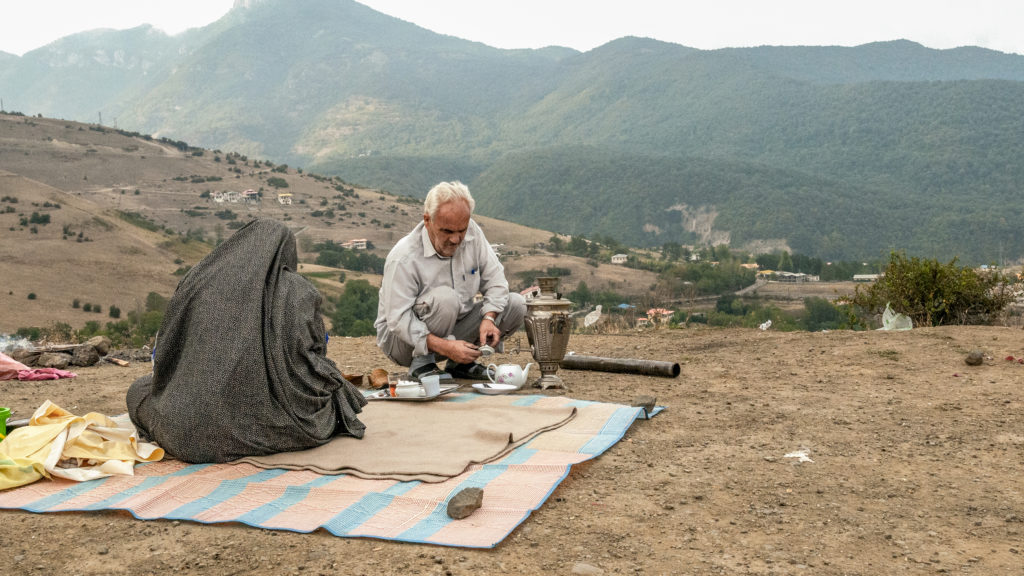Southern Baptists are not building mosques in the United States despite what an article posted in May on a satirical website suggests.
The article “Southern Baptist Convention Launches Mosque Building Program to Promote ‘Religious Liberty’ And ‘Niceness’” was published in May on “The End Times,” a news satire and parody website. Accompanied by a picture of Ethics & Religious Liberty Commission (ERLC) president Russell Moore against a backdrop of a mosque under construction, the article lays out a plan for Southern Baptists to build mosques in order to foster religious tolerance.
The article is not true.
Fielding calls
However, because it looks and reads like a news story, the article has been widely shared on Facebook and other social media sites. Keith Hinson, associate for public relations and Christian ethics for the Alabama Baptist State Board of Missions (SBOM), said his office and several associational offices have fielded calls since early June from Alabama Baptists distressed over the article.
“Obviously this looks like a bona fide news story. However, if one scrolls to the very bottom of the web page — which is quite a journey, especially on smart phones — there is a link labeled ‘About The End Times,’ linking to an explanation that the site is satire and parody,” Hinson said.
“The End Times” About Us page describes the website as a “news satire and parody site presented from a Christian worldview perspective,” seeking to “engage in the culture-shaping realms of satire and parody in a manner that not only makes people laugh, but prompts them to think critically and, more importantly, biblically, about the issues, causes and personalities shaping current events.”
It joins numerous secular and religious sites that regularly post articles that are easily mistaken for news. The attention-grabbing headlines lead readers to share the articles on social media, inflaming and upsetting those who fail to verify the accuracy of the information.
The issue of Southern Baptist Convention support for building mosques has been a topic of discussion since early May, when ERLC and the International Mission Board joined 16 other religious groups including Jewish, Muslim and Sikh faith communities as cosigners of an amicus brief in support of the right of the Islamic Society of Basking Ridge (New Jersey) to build a mosque in Bernards Township, New Jersey. The city denied the Islamic Society’s application to build a mosque in January after several years of hearings and discussion.
The brief was filed by The Becket Fund for Religious Liberty, a Washington-based religious freedom public interest group. An amicus, or friend-of-the-court, brief is a legal document filed in a case by a person or group who is not part of the lawsuit but who has a strong interest in the matter and wishes to advise the court of relevant, additional information or arguments that the court might wish to consider.
Amicus brief
In a June 8 blog post, Moore defended ERLC’s participation in the amicus brief, asserting that the principle of religious freedom for all religions must be upheld in order to protect evangelical Christians.
“The idea that religious freedom should apply only to Christians, or only to religious groups that aren’t unpopular, is not only morally wrong but also self-defeating,” Moore wrote.
“A government that can tell you a mosque or synagogue cannot be built because it is a mosque or a synagogue is a government that, in the fullness of time, will tell an evangelical church it cannot be constructed because of our claims to the exclusivity of Christ.”
Moore’s full response titled “Is Religious Freedom For Non-Christians Too?” is available at www.russellmoore.com.
Hinson said Alabama Baptists who have concerns related to information being circulated on social media, email or traditional news outlets are always invited to call his office at 1-800-264-1225, ext. 289, or 334-613-2289.
________________________________________________
Before you share on Facebook
By Scott Slayton (scottslayton.net)
Pastor, Chelsea Village Baptist Church
“It has to be true, I read it on the Internet” is a saying that I first heard in the late 1990s. At the time it was referring to email forwards and the scary tales that they included such as “don’t flash your lights at a car without its lights on.” With the advent of social media, sharing things that may not be true is easy and the stories can spread like wildfire.
For people who are Christians, we care about truth and telling the truth. The ninth commandment and the injunctions against gossip and slander make it incumbent upon us to know that what we are sharing is actually true. So here are three places that you should look before you post a link to a story on social media.
You can put it in the form of a question or type in the title of the headline. While you’re at it, search the name of the website that posted the content you are sharing to see if they are reputable or not. Do they have a good reputation or are they known for sensationalism?
Snopes.com
Snopes researches popular stories and presents the evidence for and against their veracity. Each story is given a color ranking with red, green, yellow and silver to show whether the story is false, true, undermined or undeterminable. They also have a ranking for stories that are a mixture of truth and fiction.
Truthorfiction.com
This is a site much like Snopes. They will share the origin of a story and present the research behind its truthfulness. I mention this site alongside Snopes because sometimes one will have the story and the other won’t.
Is It from The Onion or Larknews?
This is very important to check. The Onion is a satirical news site. None of their stories are true, but most of them are hilarious and bizarre. Larknews does the same thing, except they focus on satire related to Christianity.
In conclusion, in your rush to make a point, make sure that the story you are sharing isn’t satire and is actually true. Even if it is true, make sure that you have the proper motives for sharing.






Share with others: